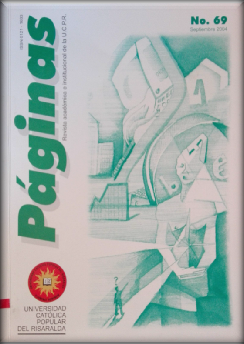Neoliberalismo y desarrollo en América Latina, una discusión sobre las reformas estructurales promovidas por el "consenso de washington".
Keywords:
Liberalism, development, growth, inequalityAbstract
This paper is oriented by to main questions ¿what is the neoliberal economy? and ¿what has been it’s meaning for the development of Latin America? It is shown here that, although the historical origin of what today is known as neoliberalism goes back to the French and English classical development theories, it is not pertinent the identification that is done among neoliberalism and classical economical theory (and neoclassical). The neoliberal discourse is not fully founded in the theory, it is based in economical ideas, but this ideas are taken in it’s more polarized form, without taking into account the recognition of market failures. Identifying in it’s proposal a defence of the procedural approach of the well-being, in which the dynamics generated by the market leads in an automatic form to the efficiency and the equity, it is concluded that with the same one has not been possible to guarantee an economic dynamics, neither a distribution of the wealth generated with judgements of equality (give each one what he deserves), and equity (give to each one according to his possibilities). Besides, the exaltation that the individualism does and the consumption culture tende to provoke an anthropological perversion where “own to be” is more important than the idea of “be to own”

